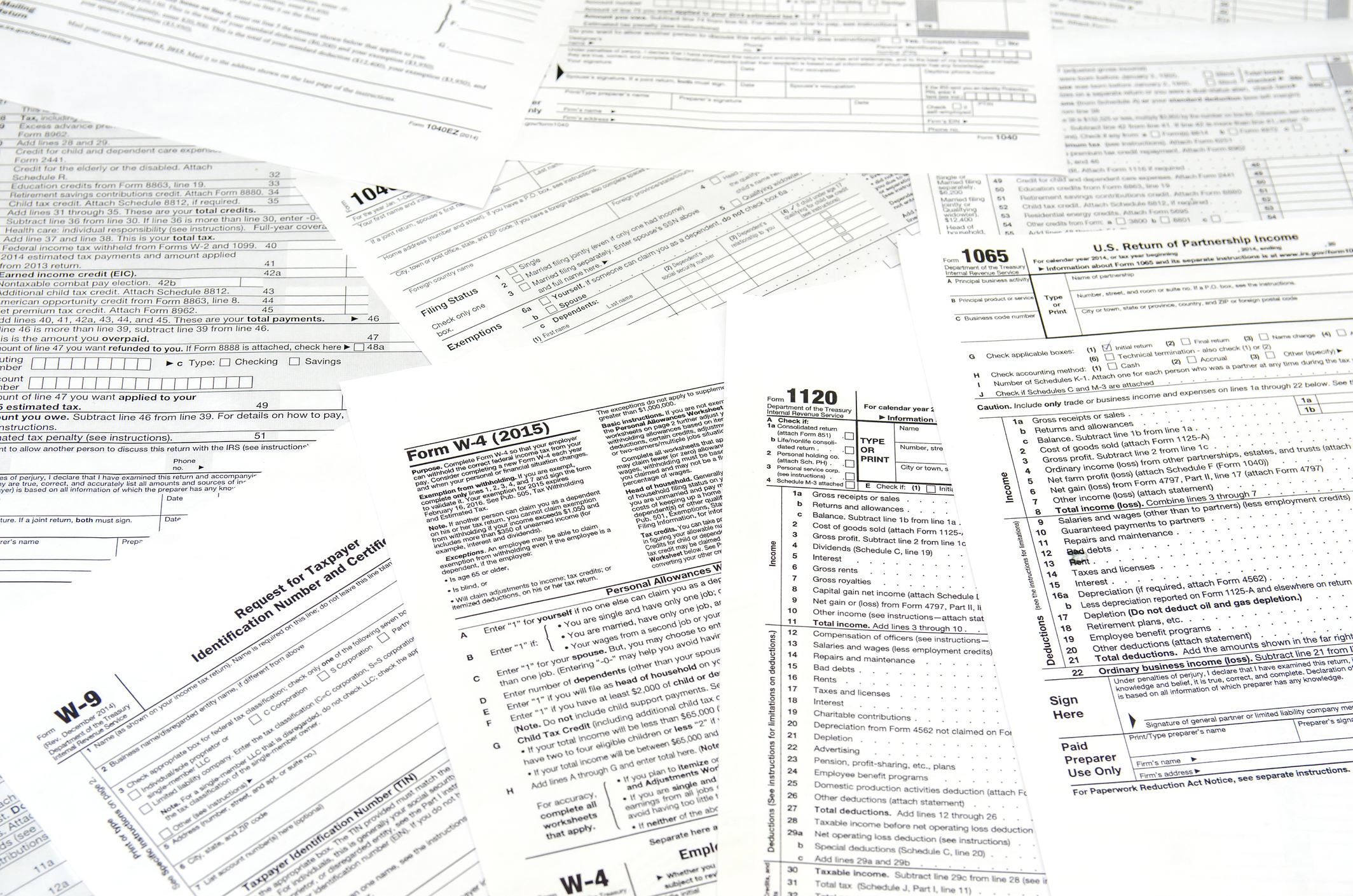Many investors rely on earnings estimates from Wall Street analysts when they decide whether to buy, hold, or sell stocks. But if you spend some time reading investment blogs, online forums, and social media sites, you may also see "whisper numbers," which are rumored estimates about a company's performance that often have murky origins. Learn more about whisper numbers, how to use them in your investment decisions, and why you should treat them with a healthy level of skepticism.

What is a whisper number?
A whisper number is an unofficial estimate of a company's profits that circulates ahead of a company's earnings report. These figures reflect investor sentiment rather than official analyst expectations, but they can have a substantial impact on the company's stock price leading up to the official earnings release. Though the term "whisper number" traditionally applies to earnings per share (EPS), it can refer to a host of financial metrics.
It's usually difficult to trace the origin of whisper numbers, but some common sources include:
- Hedge fund managers and investment managers who represent high-net-worth clients.
- Stock newsletters.
- Investment forums and social media platforms.
- Company insiders -- which is a violation of U.S. Securities and Exchange Commission fair disclosure rules if the information hasn't been publicly disclosed.
Whisper numbers differ from consensus numbers in that consensus numbers are based on aggregated official estimates from financial research firms like Bloomberg and FactSet. However, whisper numbers are unofficial numbers based on rumors that represent investor sentiment. Often (but not always), they're higher than Wall Street's consensus numbers.
Do whisper numbers affect stock prices?
Whisper numbers can have a significant effect on stock prices, both in the lead-up to a company's earnings release and in the aftermath. Suppose, for example, that a company was forecast to post EPS of $1 per share, but its whisper number is $1.10 per share. The higher whisper number may drive up the stock's price ahead of the earnings release.
Now, let's say that the company posts earnings of $1.05 per share. Typically, beating earnings forecasts by 5% would be great news. However, because earnings still fell short of the whisper number, the stock's price may drop as a result of investors' high expectations.
The risks of investing based on whisper numbers
Whisper numbers can be surprisingly accurate, but you don't want to pay too much attention to them if you're when you're investing in stocks for a few reasons:
- A whisper number can become a self-fulfilling prophecy. Stock prices represent investor sentiment, not the company's actual performance. Making investment decisions based on whisper numbers can lead to a herd mentality, where you pay a premium for an overpriced stock or panic-sell.
- They may not be based on accurate information. Whisper numbers come from unknown sources, which makes it difficult to verify whether they're rooted in fact or fiction.
- They can be used to manipulate markets. Nefarious traders and brokers may use whisper numbers to manipulate stock prices. This tends to be especially common in the world of penny stocks, which often get limited analyst coverage and often draw retail investors who are making speculative trades. For example, those promoting the stock may spread false rumors to drive up the whisper number (and subsequently, the stock's price), then sell their holdings at an inflated price. These tactics are known as pump-and-dump schemes.
- Investors should focus on long-term performance. Investors should be cautious about making decisions based on any single earnings report. Investing in companies with strong fundamentals and staying invested over the long term typically produces better results over time than making short-term trades.
Related investing topics
Whisper number example: Nvidia's earnings
When Nvidia (NVDA -2.21%) released its earnings for the fourth quarter of 2024, the consensus forecast was $0.84 per share. However, the whisper number was higher, at $0.89 per share. The whisper number turned out to be spot-on, with the chipmaker posting $0.89 EPS.
Despite handily beating analyst expectations, the stock's price immediately tanked by 8%. There were a number of explanations behind the sell-off, including concerns about profit margins and a growing trade war with China. The company's financial performance was impressive compared to official forecasts from analysts, but it wasn't especially noteworthy when compared to its whisper number, which is probably one reason some investors opted to sell.


















